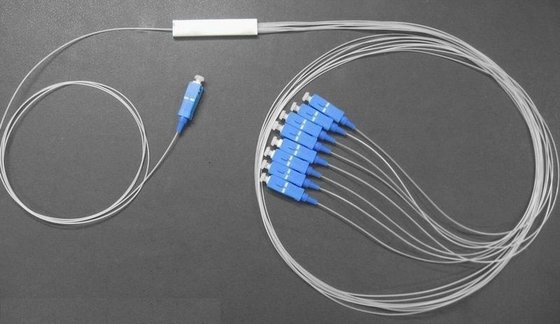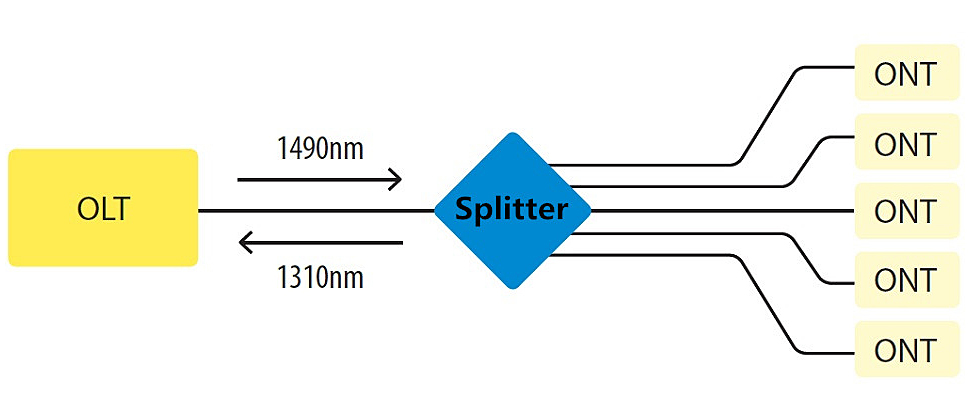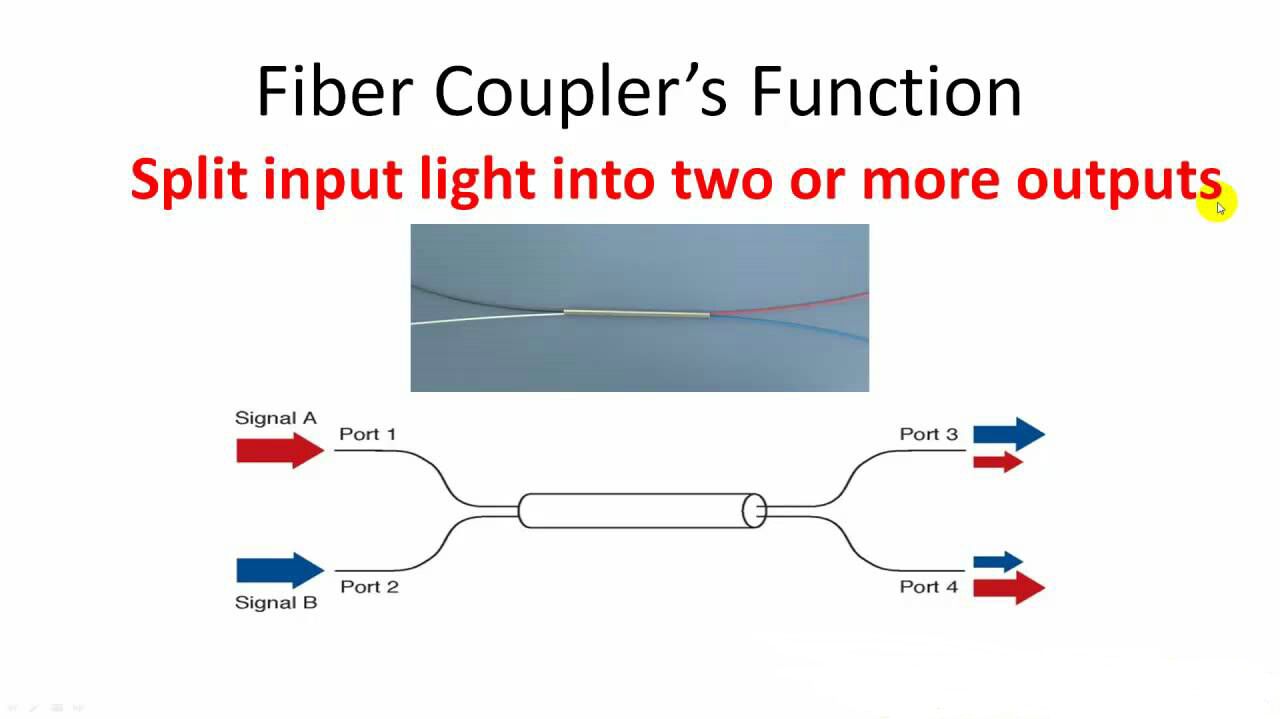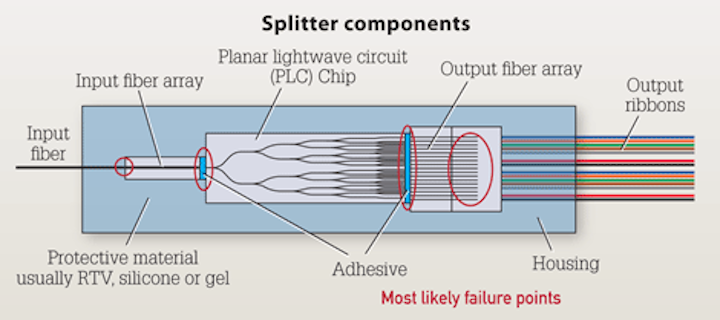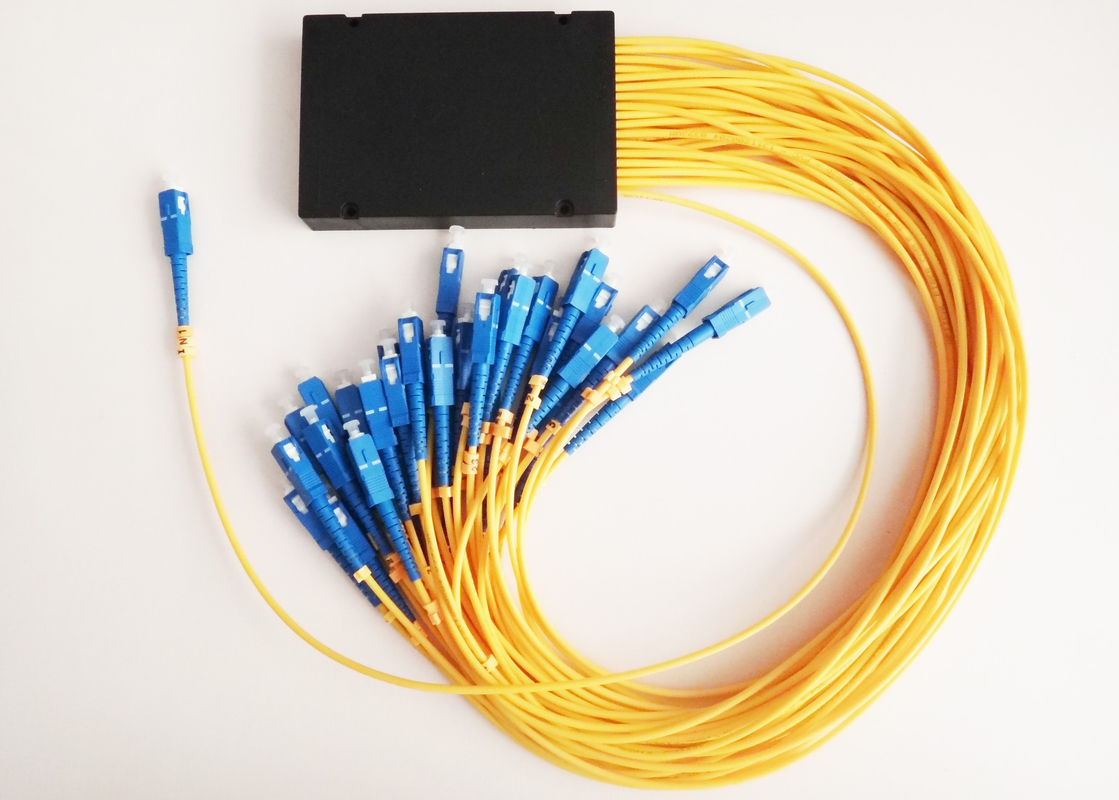In today s optical network topologies the advent of fiber optic splitter contributes to helping users maximize the performance of optical network circuits.
Fiber optic splitter how it works.
A fiber optic splitter also known as a beam splitter is based on a quartz substrate of an integrated waveguide optical power distribution device similar to a coaxial cable transmission system.
From the optical splitter separate single mode fiber strands will run directly to the end user s home business school etc.
Whenever the light beam transmitted in a network needs to be divided into two or more light beams fiber optic splitters are used.
It is an optical fiber tandem device with many input and output terminals especially applicable to a passive optical network epon gpon bpon fttx ftth etc to connect the mdf and the terminal equipment and to branch the optical signal.
How fiber optic splitter works.
A fiber optic splitter is a passive optical device that can split an incident light beam into two or more light beams or it combines two or more light beams into a single light beam.
The fiber optic splitter is one of the most important passive devices in the optical fiber link.
The optical network system uses an optical signal coupled to the branch distribution.
1 plc splitter divides the incoming signal into multiple outputs by using an optic splitter chip.
This transmission can reach up to 20 km starting from the central office running to the user.
The fiber optic splitter is one of the most important passive devices in the optical fiber link.
At present there are two types of fiber optic splitters.
The optical splitter will then divide power into separate paths which can range from two to sixty four.

